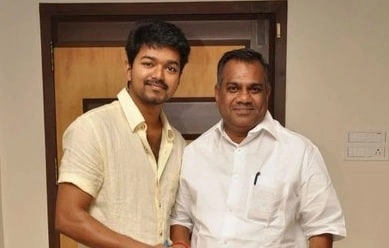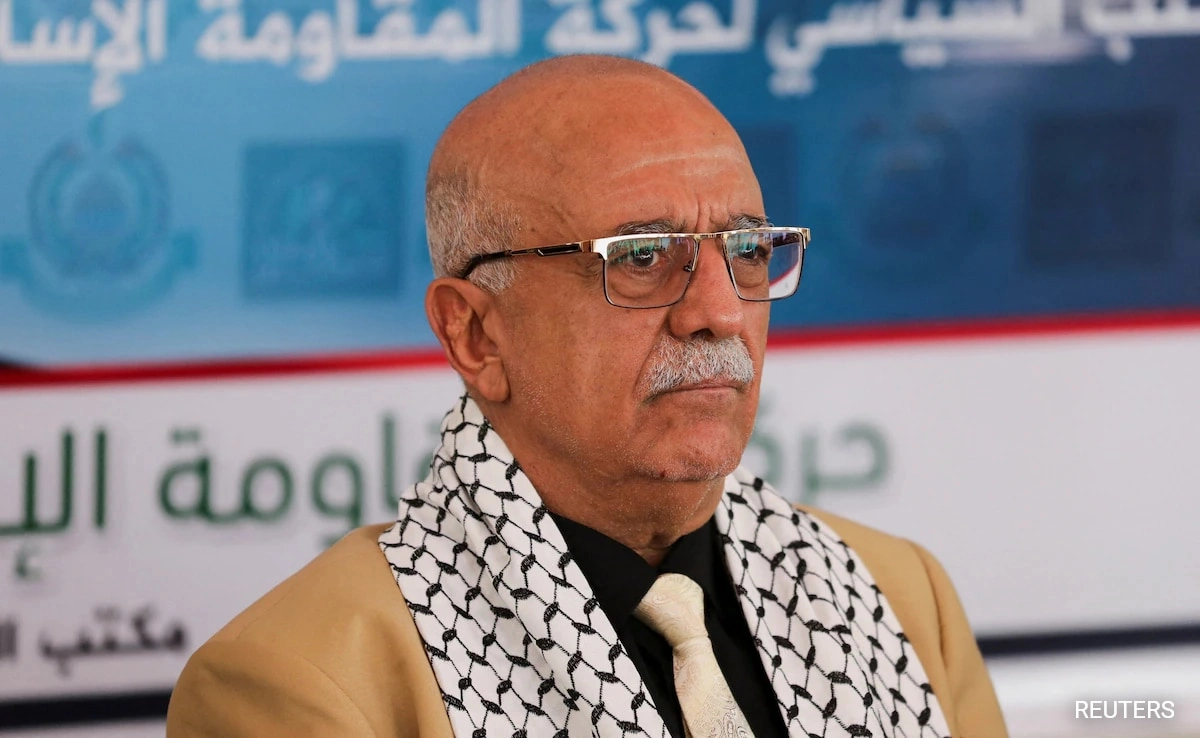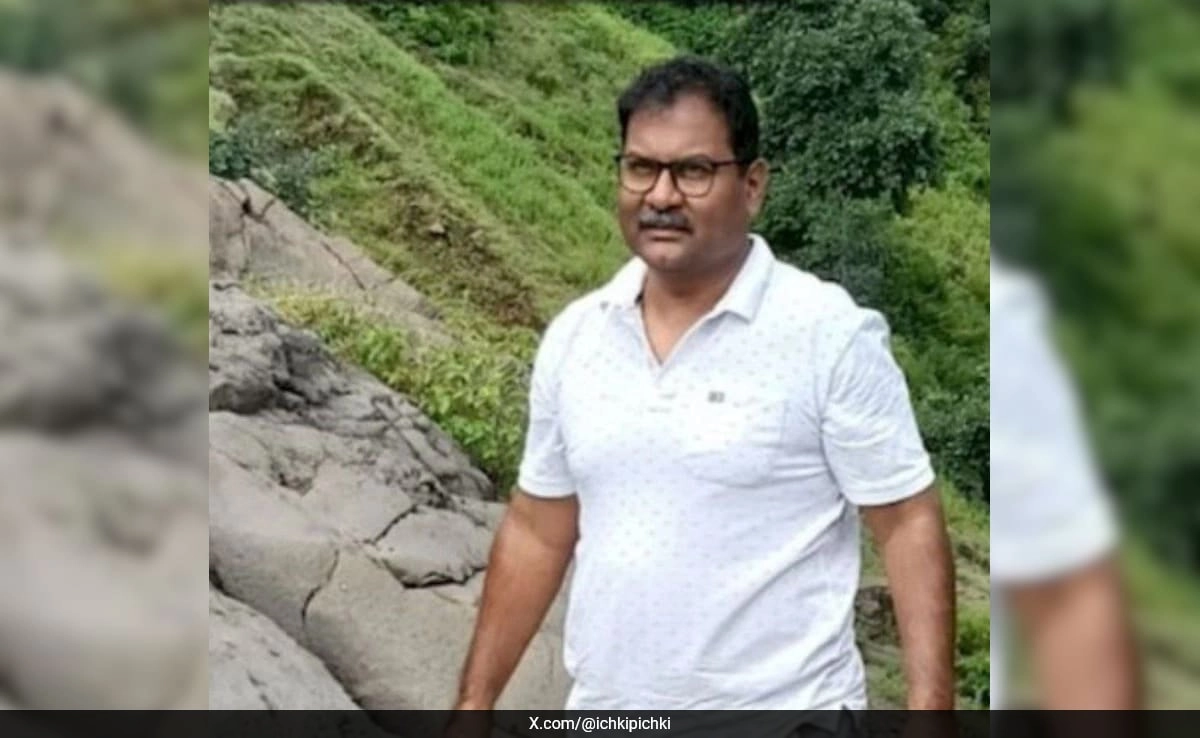Asaduddin Owaisi, the prominent Indian politician and leader of the All India Majlis-e-Ittehad-ul-Muslimeen (AIMIM), recently made headlines with his pointed remarks aimed at Prime Minister Narendra Modi regarding the issue of infiltrators. During a public address, Owaisi referenced a comment made by Prime Minister Modi in which he described certain individuals as “infiltrators,” suggesting that this label was not only inappropriate but also harmful. Owaisi’s criticism highlighted the broader implications of such rhetoric, particularly in the context of communal harmony and national integration.
Owaisi drew a parallel to Sheikh Hasina, the Prime Minister of Bangladesh, emphasizing that her government had taken a firm stance against illegal immigration and infiltration, particularly from Bangladesh to India. He questioned why Modi would use derogatory terms that could incite division among communities, suggesting that such language undermines the fabric of a diverse nation like India. By invoking Sheikh Hasina, Owaisi aimed to underscore that while the Bangladeshi government is proactive in addressing issues related to border control and immigration, the rhetoric used by Indian leaders should be more responsible and reflective of the nation’s secular ethos.
The AIMIM leader’s comments also reflect a growing concern among various political factions about the implications of labeling certain groups as infiltrators. This discourse often leads to fear and mistrust among communities, which can exacerbate existing tensions. Owaisi’s remarks serve as a reminder of the need for political leaders to foster inclusivity rather than division, especially in a country characterized by its rich tapestry of cultures and religions. His critique of Modi’s language not only calls for a more measured approach to discussing sensitive issues but also urges leaders to consider the impact of their words on societal cohesion.
In a time of rising nationalism and identity politics, Owaisi’s intervention is significant as it highlights the responsibility of political leaders to use language that promotes unity rather than division. His jibe at the Prime Minister underscores the crucial need for leaders to engage in constructive dialogue and to focus on policies that bridge gaps between different communities. The political landscape in India is increasingly polarized, and leaders like Owaisi are advocating for a return to more inclusive and respectful discourse that recognizes the complexities of identity and belonging in a diverse society.




